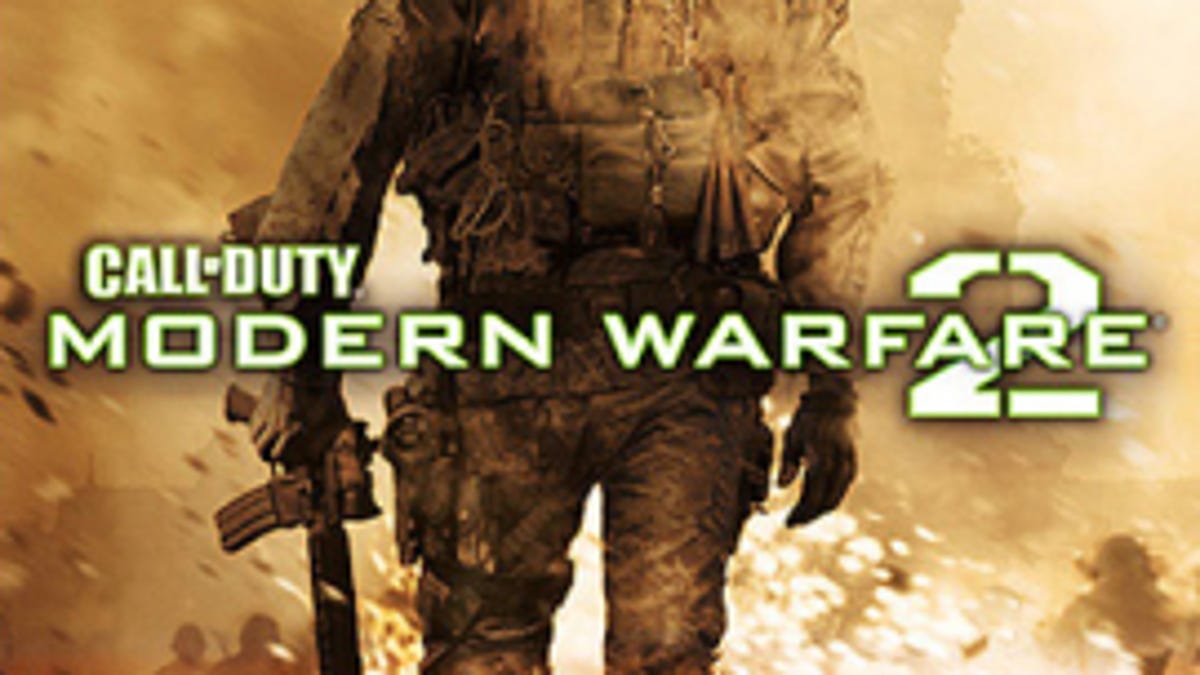Activision suing EA as Infinity Ward drama continues
Activision amends a complaint against former Infinity Ward heads to include Electronic Arts. The publisher is suing its competitor for $400 million.

The story of Activision's battle with former Infinity Ward heads Jason West and Vince Zampella has a new chapter.
Activision has amended a complaint it filed with the Superior Court of California in Los Angeles in April against West and Zampella to now include Electronic Arts.
"In this amended cross-complaint, Activision alleges that Electronic Arts conspired with two former senior Activision executives, West and Zampella, to derail Activision's Call of Duty franchise, disrupt its Infinity Ward development studio, and inflict serious harm on the company," Activision wrote in the complaint it filed yesterday. "This pleading lays out an intentional and systematic pattern of deception by the former executives and Electronic Arts to hijack Activision assets for greed and corporate gain."
Activision alleges that Electronic Arts and the Infinity Ward executives who oversaw Call of Duty: Modern Warfare titles, were secretly discussing, as early as July 2009, the possibility of creating an independent game studio, headed by West and Zampella, that would employ "key Activision employees." The goal, according to Activision, was to "[drain] the studio of talent and potentially [delay] future Call of Duty games."
At that time, both West and Zampella were still under contract as "studio heads and Activision fiduciaries," Activision said.
Between July 2009 and March 2010, when the executives were terminated by the publisher, Activision claims that West and Zampella "refused to adhere to even the minimal standards of behavior required of any employee or executive." By that justification, Activision contends that it had "good cause" to terminate the executives.
Activision also claims to have proof of a "secret meeting" between EA and the Infinity Ward executives while they were still employed by the Call of Duty publisher.
According to Activision, Zampella was allegedly contacted by the Creative Artists Agency's Seamus Blackley, at the behest of EA CEO John Riccitiello, saying that he had "an amazing thing to talk to you about." Activision alleges that he then e-mailed Zampella again saying, "JR cooks a mean BBQ. I think we could accomplish some interesting chaos." Activision claims that the "JR" mention was "an obvious reference to EA's John Riccitiello."
Following that exchange, Activision alleges in its lawsuit that on August 28, 2009, EA "dispatched a private jet to fly West and Zampella from Southern California to San Francisco." Once they landed, Activision alleges, the Infinity Ward executives "were picked up and shuttled to a secret meeting with Electronic Arts at Riccitiello's home, and then flown back to Los Angeles."
After that meeting, Activision claims, EA and the Infinity Ward executives engaged in "unlawful negotiations" during that fall and winter.
Activision is seeking $400 million in damages from EA and the former Infinity Ward executives. The company is also seeking to "recapture compensation previously awarded to its faithless executives and to prevent Electronic Arts and the former executives from benefiting from their illegal conduct."
For their part, West and Zampella alleged in a lawsuit against Activision in March that they were wrongfully terminated. They're seeking compensation that, they say, they weren't awarded, as well as contractual rights to "control Modern Warfare-branded games."
Responding to a request for comment, Jeff Brown, EA vice president of communications, said: "This is a PR play filled with pettiness and deliberate misdirection. Activision wants to hide the fact that they have no credible response to the claim of two artists who were fired and now just want to get paid for their work."
Although Activision's lawsuit takes the court through its side of the tale between July 2009 and March 1, 2010 when West and Zampella were terminated, quite a bit happened after they left.
After leaving Activision, West and Zampella started Respawn Entertainment, an independent game studio. In April, they signed an exclusive publishing deal with Electronic Arts.
Meanwhile, Activision put its Call of Duty franchise into the hands on Treyarch, another development studio it owns. That studio released Call of Duty: Black Ops this year, which quickly became the biggest entertainment launch in history, tallying $650 million in worldwide revenue during its first five days of availability.
Just yesterday, Activision announced that Black Ops generated over $1 billion in revenue since its launch in early November. It reached that milestone nearly a month ahead of when Modern Warfare 2, which West and Zampella supervised, hit that mark.

